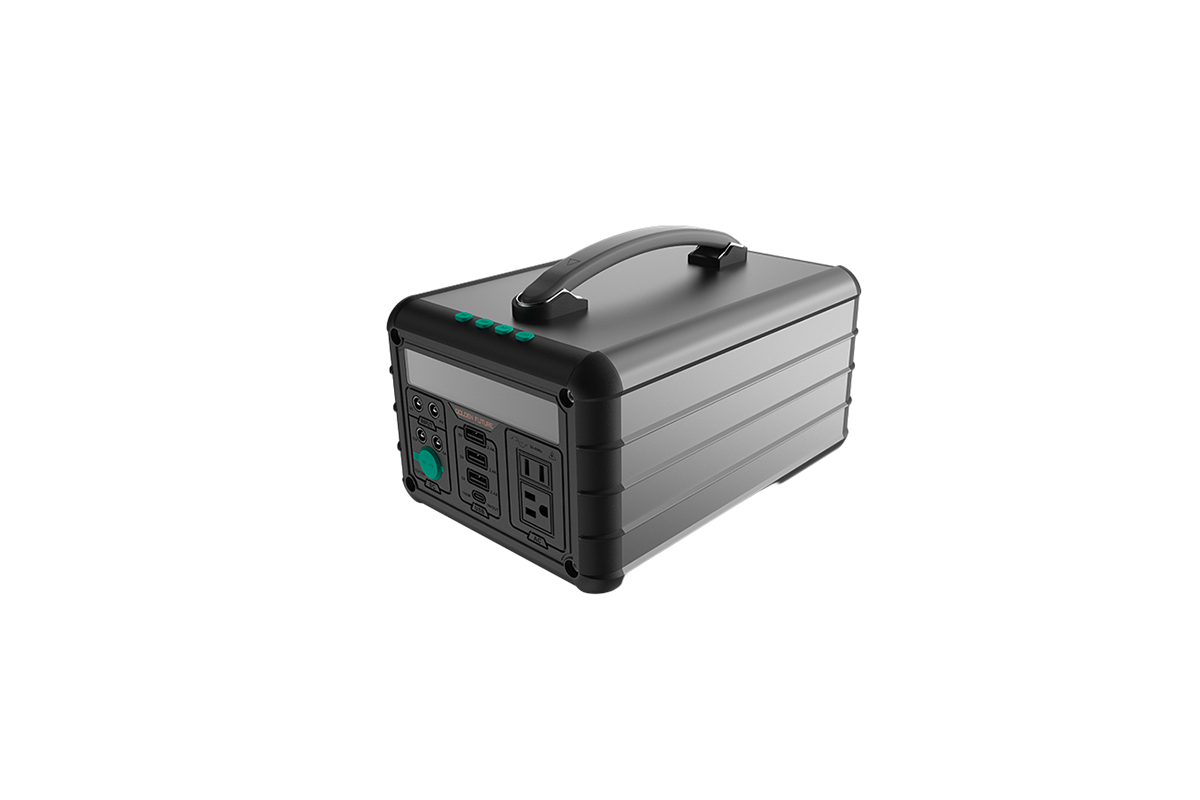

Time:2025-07-30 Views:1

All - solid - state lithium batteries are considered the next generation of battery technology, with the potential to revolutionize the energy storage industry. As the name suggests, they use a completely solid electrolyte, eliminating the need for liquid or gel electrolytes altogether. This fundamental difference brings about a host of superior properties.
Safety is a standout feature of all - solid - state lithium batteries. The solid electrolyte is non - flammable and does not leak, significantly reducing the risk of fires and explosions. This makes them ideal for use in environments where safety is critical, such as in electric vehicles, where the consequences of a battery failure can be catastrophic. Moreover, the solid electrolyte is more stable under extreme conditions, such as high temperatures, ensuring the battery's performance remains reliable.
All - solid - state batteries also offer much higher energy density compared to both traditional lithium - ion batteries and semi - solid state batteries. The solid electrolyte allows for the use of high - capacity electrode materials, such as lithium metal anodes. Lithium metal has a very high specific capacity, which can greatly increase the overall energy storage capacity of the battery. This means that electric vehicles equipped with all - solid - state batteries could achieve much longer driving ranges, potentially matching or exceeding the range of conventional internal combustion engine vehicles.
In addition to safety and energy density, all - solid - state batteries have excellent cycle stability. The solid electrolyte does not react with the electrodes as readily as liquid electrolytes, minimizing the formation of dendrites. Dendrites are tiny metal filaments that can grow on the electrode surface during charging, causing short circuits and reducing battery life. By suppressing dendrite growth, all - solid - state batteries can maintain their performance over a large number of charge - discharge cycles.
However, there are still significant obstacles to the commercialization of all - solid - state batteries. One of the main challenges is the high resistance at the interface between the solid electrolyte and the electrodes. This resistance can hinder the movement of ions, reducing the battery's power output and charging speed. Researchers are working on various methods to address this issue, such as developing new electrode and electrolyte materials with better interface compatibility.
The manufacturing process of all - solid - state batteries is also highly complex and expensive. The production of solid electrolytes requires high - purity materials and precise processing techniques. Scaling up production to meet the demands of large - scale applications like electric vehicles is a major hurdle. Despite these challenges, many companies and research institutions are investing heavily in all - solid - state battery technology, with the goal of bringing them to market in the coming years.
Read recommendations:
wall-mounted home energy storage supplier